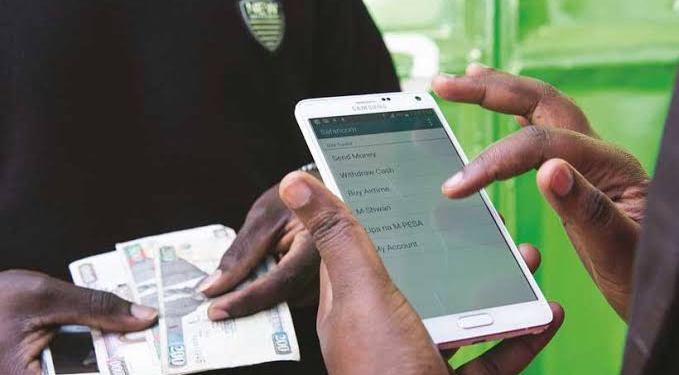The High Court has ordered Safaricom and the central bank to halt the re-introduction of charges on transactions made between mobile money wallets (M-pesa) and lenders pending the determination of a suit involving financial consumer rights.
The order comes after a Kenyan, Moses Wafula, filed an application challenging the reinstatement of the charges after they were suspended in 2020 due to Covid-19. He claims that the charges should not be passed to consumers.
While asking the court to halt the charges, Mr Wafula argued that should the court find that the M-Pesa charges are illegal, more funds from members of the public will have been lost, and it may be difficult to ask banks to refund the same.
He contends that his rights and those of other Kenyans have been violated, infringed and continue to be threatened by Safaricom and the government in view of the directive issued by the Central Bank of Kenya (CBK).
According to him, charges incurred in transaction services are to be paid by Safaricom’s primary clients, such as banks and not by consumers.
“The petition pending determination illustrates that the engagement between Safaricom and its Mpesa Paybill clients (such as banks, government agencies, Kenya Power, DSTV, betting companies, mobile money companies, and other institutions) is a bipartite business engagement between Safaricom as the M-Pesa paybill service provider and their M-Pesa paybill primary clients being the service recipients,” he says.
On March 16 2020, the Government waived charges as part of an emergency plan to encourage mobile money transactions at the height of the Covid-19 pandemic.
“The revised maximum charges for transfers from bank accounts to mobile money wallets will be reduced by on average up to 61 percent, and mobile money wallet to bank account by on average up to 47 percent,” the regulator said earlier.
The case will be mentioned on January 23, 2023.
Read also; CBK Reintroduces Charges for Mobile Money Wallet and Bank Account Transactions.




